Trump tariffs spark alarm over India-U.S. ties, leaders call for unity
A high-level virtual conference was convened by the Indian American Council.
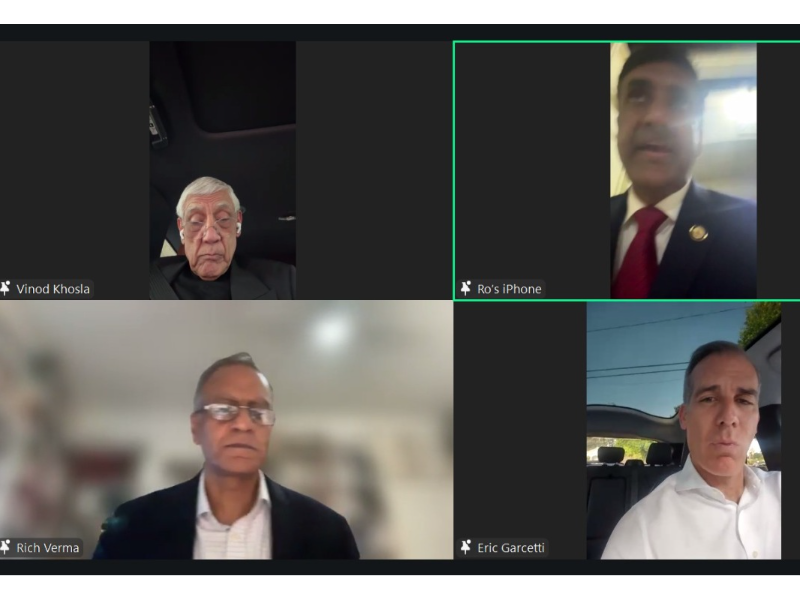 Clockwise- Vinod Kholsa, Ro Khanna, Eric Garcetti and Richard Verma in the virtual conference / Lalit K Jha
Clockwise- Vinod Kholsa, Ro Khanna, Eric Garcetti and Richard Verma in the virtual conference / Lalit K Jha
Top lawmakers, influential Indian American business leaders, and former US diplomats on Sept. 10 warned that President Donald Trump’s trade war with India and his administration's recent rhetoric threaten to undo decades of bipartisan progress in relations between the world’s two largest democracies.
A high-level virtual conference convened by the Indian American Council and chaired by Indian American Congressman Ro Khanna brought together Silicon Valley pioneer Vinod Khosla, former US ambassadors to India Richard Verma and Eric Garcetti, entrepreneurs, and community leaders. The mood was urgent: speakers described Trump’s escalating tariffs as a self-inflicted wound that could push New Delhi closer to Moscow and Beijing while eroding trust built painstakingly since the early 2000s.
“This is not a business deal you walk away from. It’s a long-term commitment,” said Khosla, a billionaire investor who played a behind-the-scenes role in the landmark U.S.-India civil nuclear deal under President George W. Bush. “If we drive India closer to Russia and China, the consequences could last decades,” he said.
Khosla warned that tariffs risk transforming a “natural alignment” into estrangement. “I’ve even seen and heard some talk about a different currency than the dollar as a global currency,” he said. “That would be a natural thing for the BRIC countries. Between them and Russia and China, there could be another global cryptocurrency that would be the exchange medium, and that starts to challenge the dollar. There are too many strategic implications. It’s pretty important that we not let it happen,” he told the select virtual gathering, which was opened to a few members of the press.
Khanna, dialing in from Capitol Hill, told participants that Trump’s measures had already placed “the highest tariffs on India and Brazil more than even China” — a move he described as unsustainable for Indian industries such as textiles and leather. He linked the escalation to reports that Prime Minister Narendra Modi had not nominated Trump for a Nobel Peace Prize. “Trump is really the one who’s escalated this,” Khanna said. “We need to make sure he de-escalates.”
Both Khosla and Khanna said there was a straightforward way forward: rollback of tariffs. “There’s not even two things,” Khosla insisted. “There’s only one thing that matters right now … tariffs. If he can go back on the tariff issue, then Modi and Trump can go back to the natural alignment they were building.”
Former Los Angeles mayor Eric Garcetti, who until recently served as U.S. ambassador in New Delhi, said the crisis showed how quickly goodwill could vanish. “That bipartisan, bicameral, bi-branch consensus so rare in Washington today … is being obliterated in the matter of just a few weeks,” he said. “This is the deepest set of blows, not just one punch in the face, from an American executive to India that we’ve seen in over 20 years.”
Garcetti urged Indian Americans and their allies to focus on rebuilding. He laid out two “action items”: launching semi-official dialogues between Indian and American leaders in business, academia, and security, and mounting congressional delegations to India to reassure the public. “There’s nothing better than that,” he said. “Get to India … show Indians that all Americans care about this relationship.”
Former ambassador Richard Verma described his alarm at how quickly Trump’s policies had erased progress since President Bill Clinton’s landmark 2000 visit. “I couldn’t believe what I witnessed in a two-month period — that the President wiped out 25 years of progress. Why? Apparently because he was upset that Prime Minister Modi didn’t acknowledge his role in brokering some alleged ceasefire between India and Pakistan,” Verma said.
Verma added that Trump’s subsequent critiques of India’s economy and his courting of Pakistan “reinserted the hyphen” that U.S. policy had shed for two decades. “If we had one vulnerability in the relationship, it was trust,” he said. “Unfortunately, the last few months have proven to the Indian skeptics that we cannot be trusted.”
Business leaders echoed the call for calm. Monty Ahuja, a Cleveland-based automotive entrepreneur, warned that “years of building a slow and steady relationship [were] kind of blew up in a matter of days, if not weeks.” He called for creating “some sort of calm in this atmosphere” and urged the Indian diaspora to unite across partisan lines.
Others emphasized mobilization. Kanwal Rekhi, another Silicon Valley veteran, said bluntly: “I think it’s time to raise money … pay the American game, PR game, lobbying game. Raise awareness at a broader level.”
Khanna closed by underscoring the stakes. “I wouldn’t have called this call urgently and asked Vinod Khosla, the ambassadors, and all of you to get on if it wasn’t important,” he said. “This could really undermine 30 years of hard work.”
The meeting ended with agreement on two immediate action items: pressing Republican and Democratic lawmakers to advocate reversal of tariffs, and ramping up visible community activism to signal the strategic importance of the U.S.-India partnership.
ADVERTISEMENT
ADVERTISEMENT
E Paper
Video




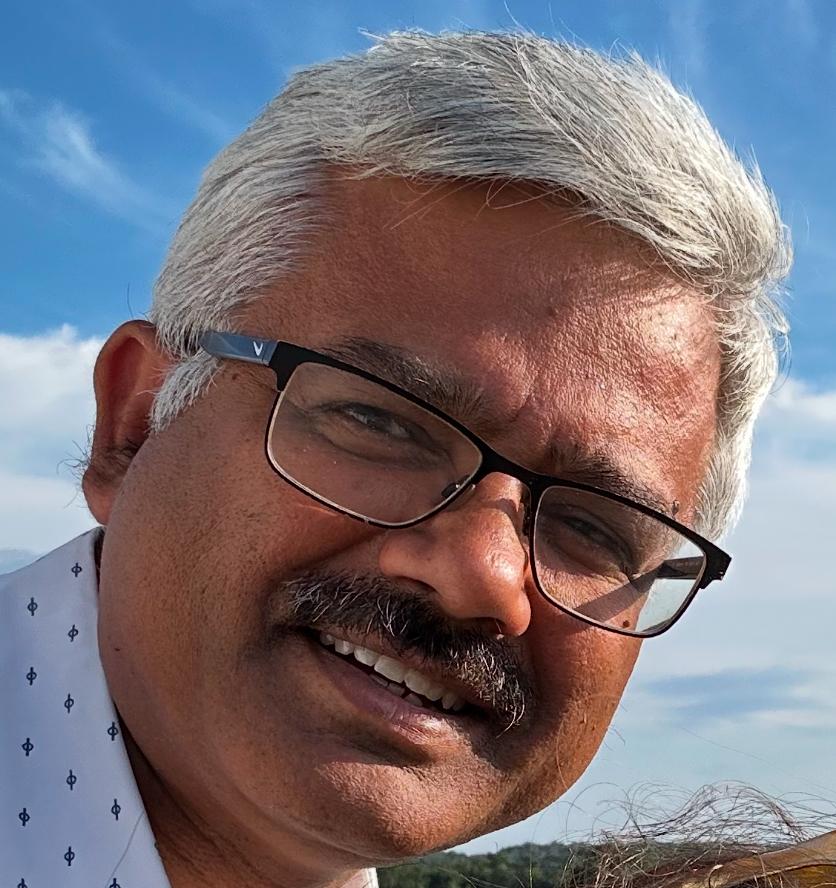 Lalit K Jha (IANS)
Lalit K Jha (IANS)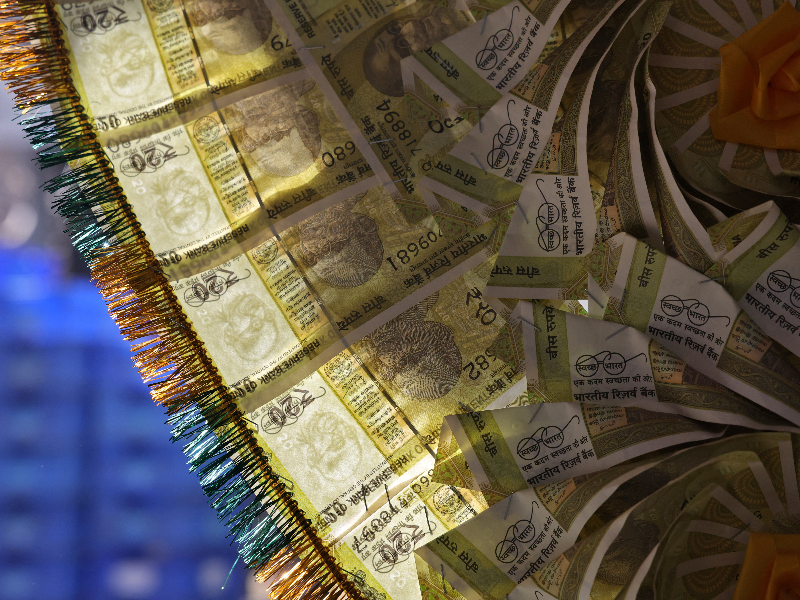
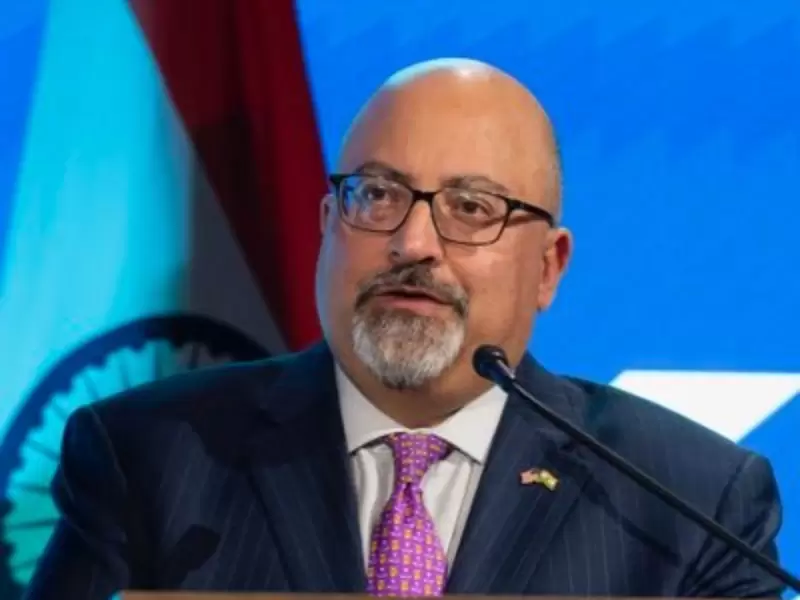
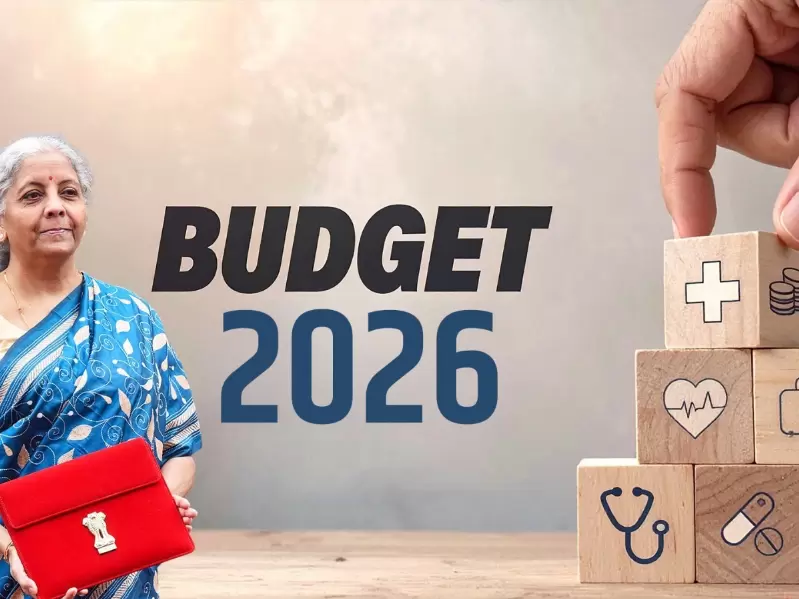
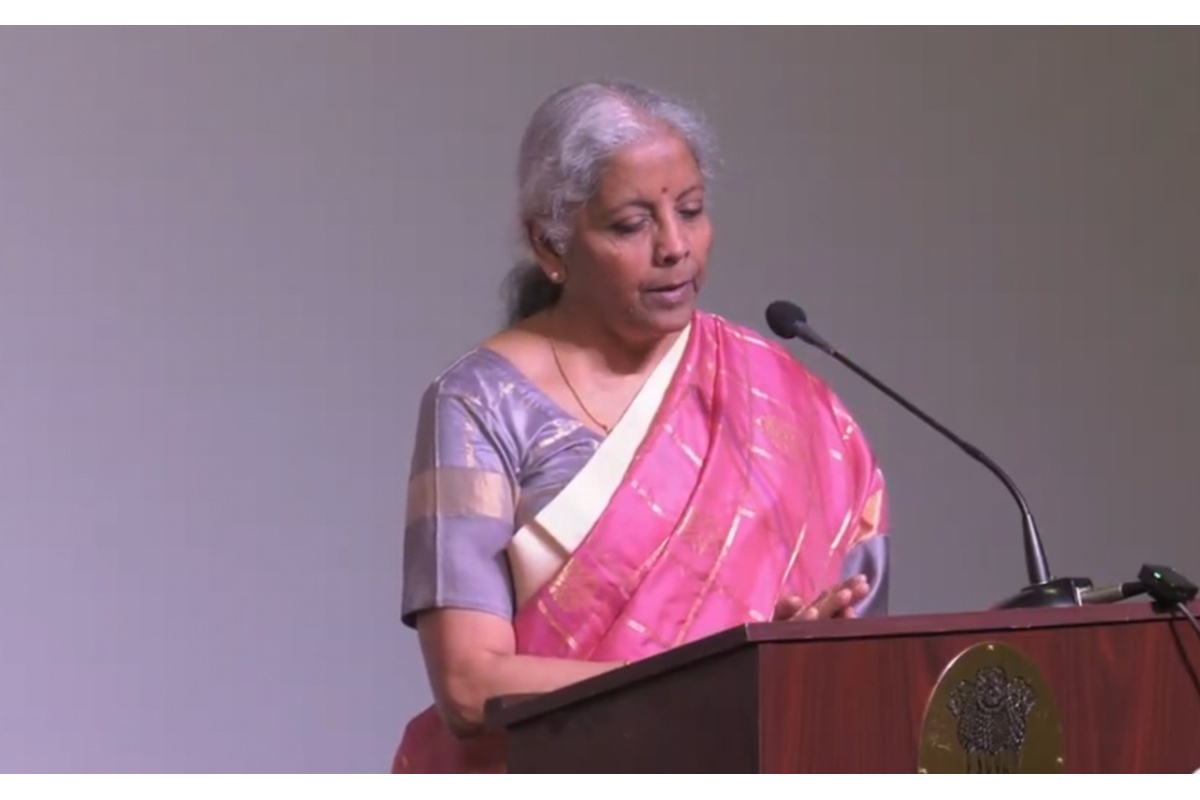
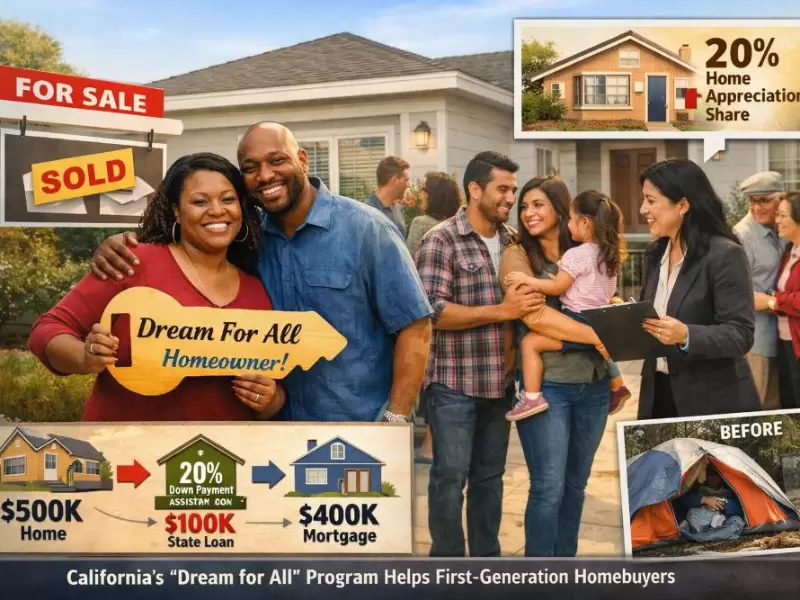
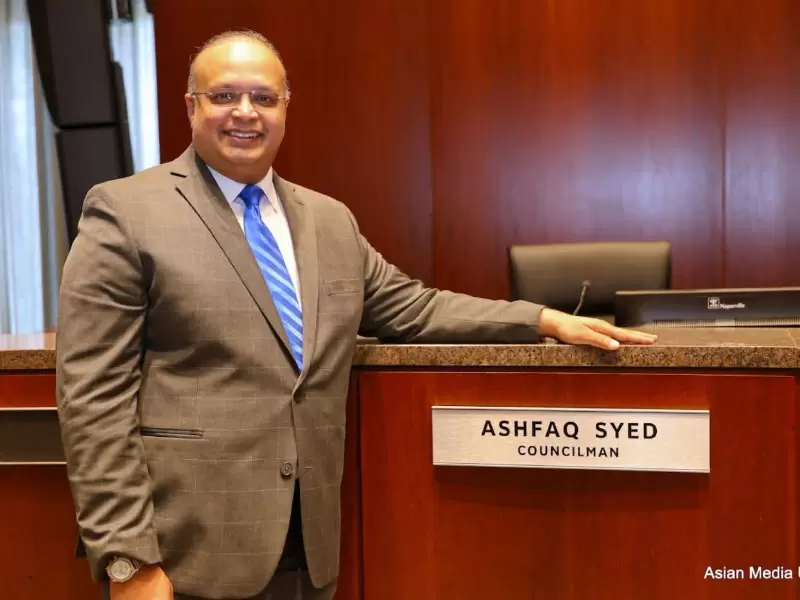
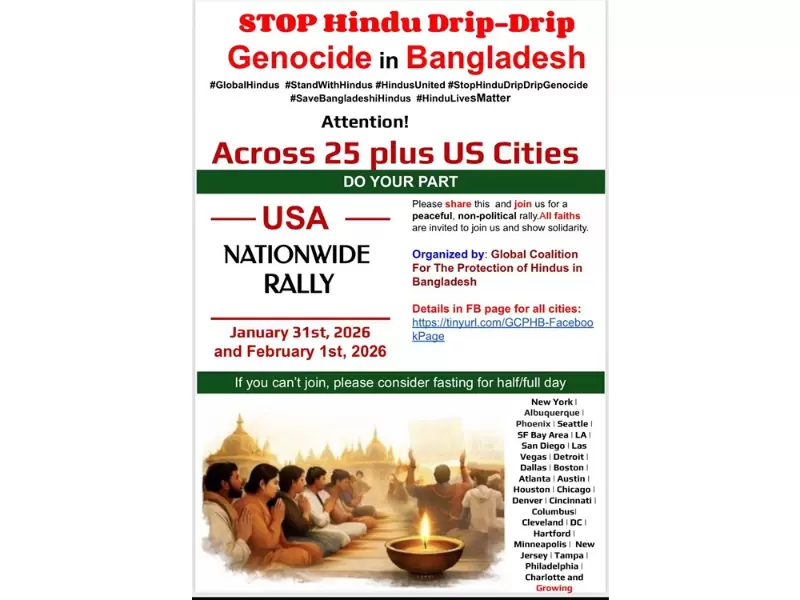
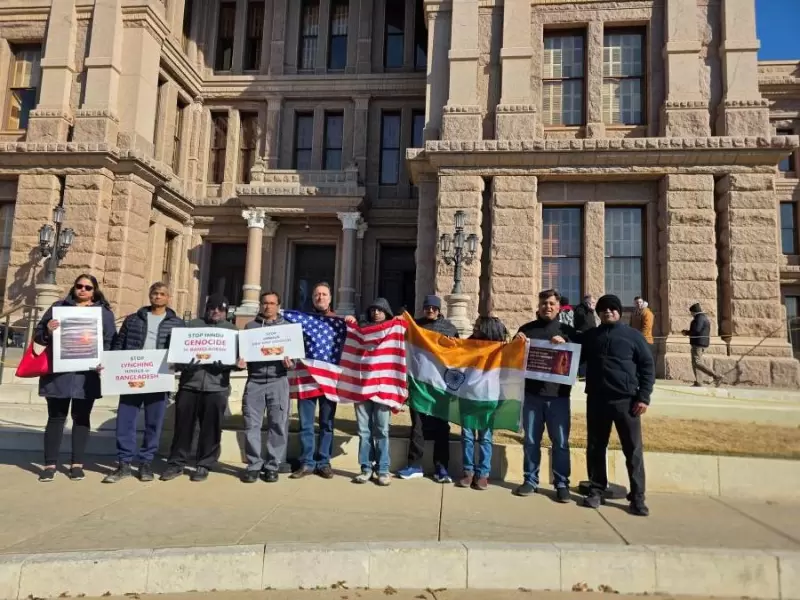
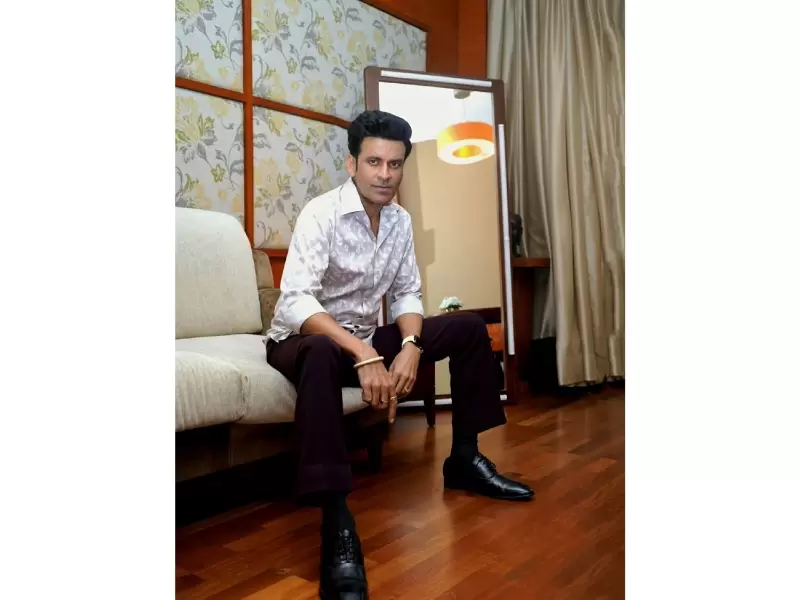
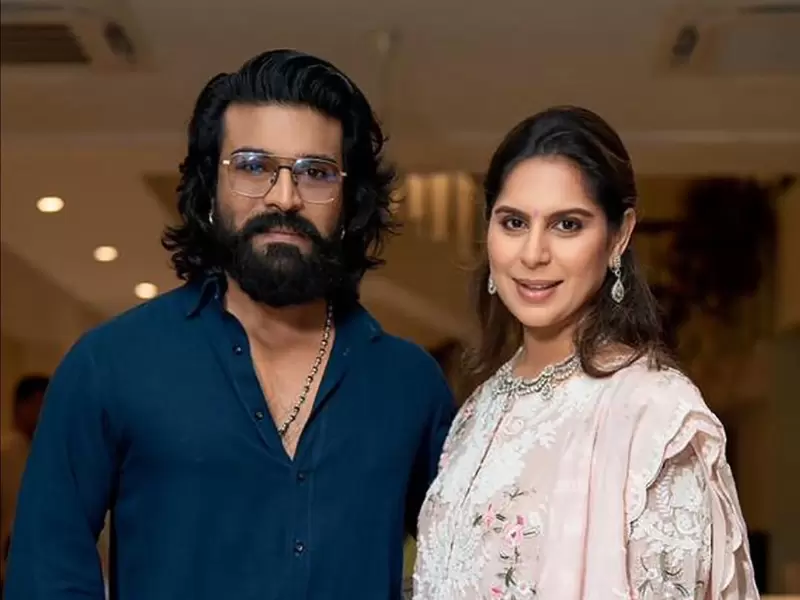
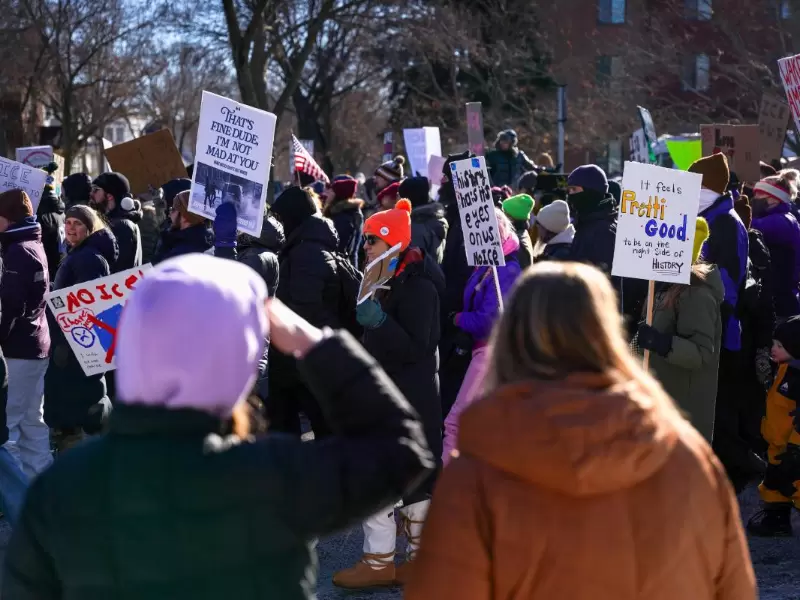
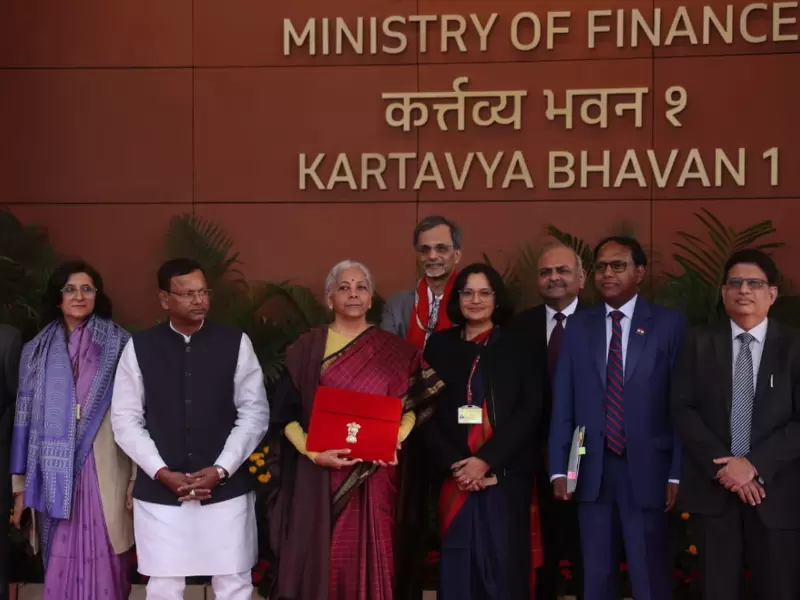


Comments
Start the conversation
Become a member of New India Abroad to start commenting.
Sign Up Now
Already have an account? Login